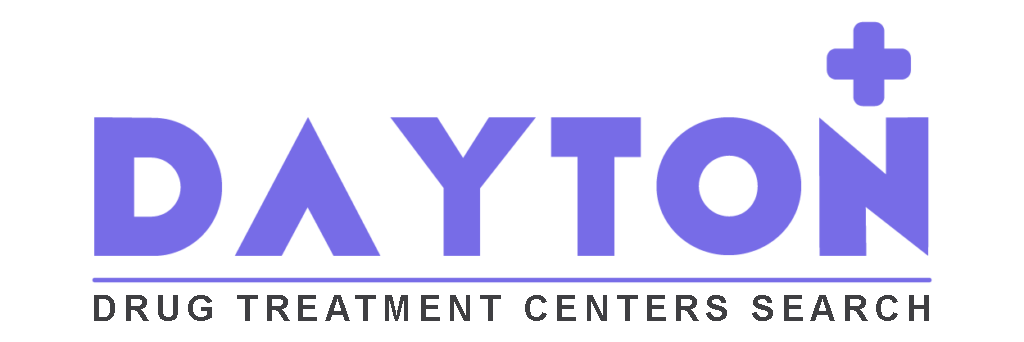Medical Detox in Dayton, OH
There are many ways to tackle a drug addiction problem, from family therapy and individual counseling through to intensive pharmacotherapy treatment. Medical detox is often administered at the outset of the treatment process, followed by rehabilitation, relapse prevention, and aftercare support. While medical detox is not always required, it is the safest and most effective way to treat patients who are likely to experience physical-somatic withdrawal symptoms as a result of drug discontinuation. Substances that often required medical detox support include alcohol, heroin, oxycodone, hydrocodone, fentanyl, Valium, Xanax, Klonopin and others. Medical detox is available across the United States, both from dedicated detox clinics and large rehabilitation centers. If you know anyone who is struggling with a drug or alcohol addiction, Dayton Drug Treatment Centers can get you started on the recovery journey.
What is Medical Detox?
Medical detox is the process and experience of drug withdrawal under medical supervision, According to the United States Department of Health and Human Services, there should be three separate stages in every comprehensive detox program: evaluation, stabilization, and guiding patients into further treatment. During the first stage, detailed physical and psychological tests are carried out to check for currently circulating substances and co-existing mental health conditions. This is an important part of the process because it helps doctors to formulate appropriate medication programs. The second stage of medical detox attempts to stabilize the patient and reduce the severity of withdrawal symptoms. While this is possible using natural detox and enforced abstinence alone, medications are often advised when physical-somatic withdrawal symptoms are present. The final stage of detox involves a consultation phase, with clinicians educating patients about the rehabilitation process before enrolling them in an appropriate program.
Opioid Withdrawal and Detox
Opioid drugs include the illicit drug heroin and the prescription drugs morphine, codeine, oxycodone, oxymorphone, hydrocodone, hydromorphone, fentanyl and many others. While these substances differ widely with regard to their strength, they are all capable of causing physical-somatic withdrawal symptoms when drug use is discontinued. A medical detox period is often recommended for people with opioid dependence problems, followed by rehabilitation and aftercare support systems. While “cold turkey”, natural, and rapid detox programs have been used successfully in some situations, medication support is typically recommended to help reduce the severity of potentially dangerous withdrawal symptoms before they create additional problems. Common symptoms from opioid drugs include excessive sweating, nausea, vomiting, abdominal cramps, involuntary body movements, insomnia, depression and many more. While most of these symptoms are over in a matter of days, a protracted withdrawal period is possible in some situations.
Alcohol Withdrawal and Detox
Alcohol is known to produce potentially severe physical-somatic withdrawal symptoms upon cessation of use. Medically assisted detox is typically recommended to help reduce the severity of these symptoms, followed by rehabilitation and aftercare support. Common withdrawal symptoms experienced by alcoholics include nausea and vomiting, headaches, insomnia, seizures, hallucinations, tremors, and delirium tremens. While some of these symptoms are little more than mild physical disturbances, others are incredibly serious and can lead to long-lasting complications and even death if left untreated. Benzodiazepine drugs such as Valium and Serax are widely prescribed to treat alcohol withdrawal syndrome, with Antabuse, Campral, and naltrexone also used in the later stages of detox and rehab if needed. If you or someone you know needs help overcoming any kind of substance use disorder, Dayton Drug Treatment Centers can help. Just give us a call today at (937) 949-4099.

